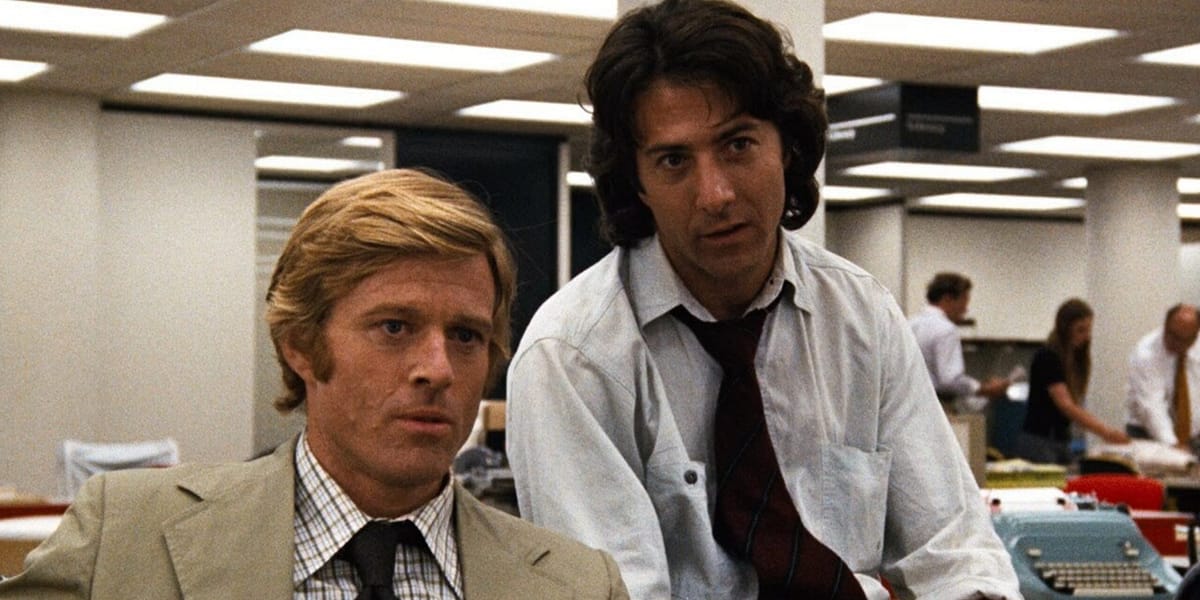Robert Redford's Quest for Truth and Learning Lessons From All the President's Men
It was Redford's 1976 feature that made all of us care about the truth.

You’re probably asking, “Why is this paywalled?” Paid subscribers are the backbone of The Film Maven and becoming one shows support for independent journalism, as well as female- and disabled-created content.
If you want to read the full story consider becoming a paid-subscriber. Becoming a paid subscriber gives you access to The Trade, my examination and exploration of topics in the entertainment industry, my Popcorn Disability articles on disabled representation in film, and more.
Don't want to commit to a subscription? Leave a tip to show you enjoy what you're reading.
Read more about the history of disability in film by pre-ordering my upcoming book, Popcorn Disabilities: The Highs and Lows of Disabled Representation in the Movies. I not only expand on what you’re reading here, but examine the stereotypes, tropes, and the good, bad (and really ugly) of disabled movies. Preorder the book by clicking this link! Send me proof of your preorder and I’ll give you a paid subscription to The Film Maven for one year!
Robert Redford means something different to every movie fan.
For some he’s Hubbell, Barbra Streisand’s starcrossed love interest in The Way We Were. Or maybe he’s real-life writer Denys Finch Hatton playing opposite Meryl Streep in Out of Africa. Movie fans of the 1990s likely saw Indecent Proposal or The Horse Whisperer in theaters. Reach back to the 60s, and he’s a frequent love interest for Natalie Wood and then Jane Fonda. He’s the most charming conman in The Sting. He’s the ultimate Great Gatsby (sorry, Leo). Many might remember that awards buzz from 2013’s one-man-show All is Lost, or perhaps true film enthusiasts first think of Ordinary People and the beauty of his quiet, yet unrelenting directorial hand.




